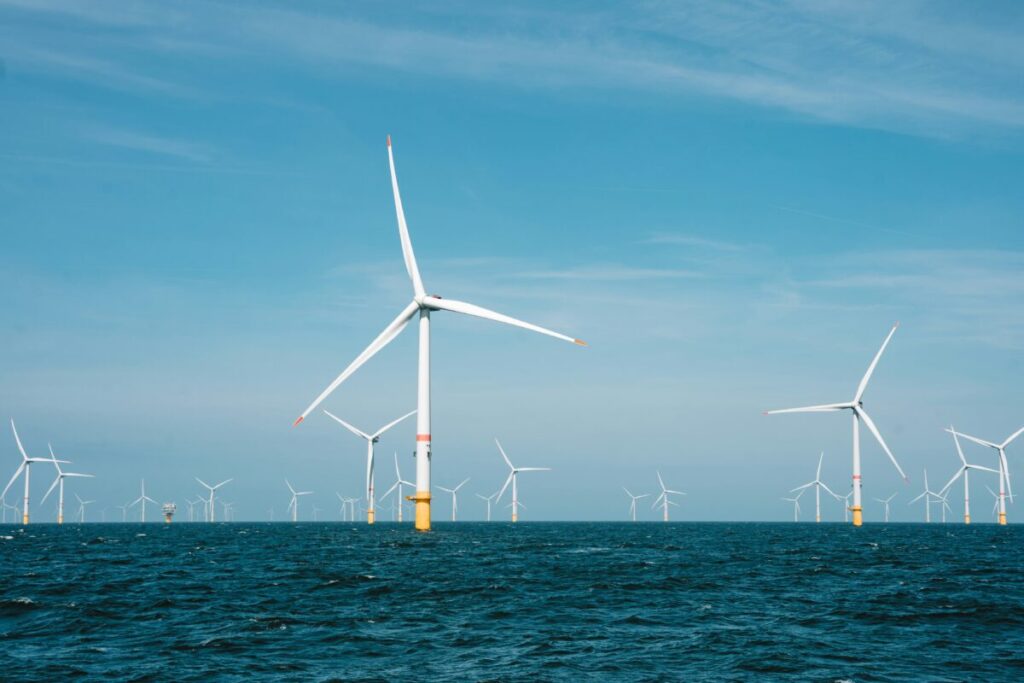A coalition of 20 European energy associations and transmission system operators (TSOs) has penned a joint letter to the North Seas Energy Ministers demanding more efficient electricity trade.
The signatories, including Elia Group, Energy UK, Solar Power Europe, National Grid, RenewableUK, Wind Europe and Energy Traders Europe, have called upon the North Seas Energy Ministers to improve electricity trade between the UK and EU in order to secure the future of the offshore wind sector in the North Sea, arguing that the current situation is unfit for the future.
The letter cautions that investors are currently unwilling to commit to future offshore renewable energy projects in the North Sea without efficient trading mechanisms in place, and warns that should this not improve, Europe will miss out on investment opportunities to develop in the North Sea “while we should, in fact, be aiming towards a European energy system that is more independent, sustainable, and resilient”.
In order to achieve the needed improvement, the signatories suggest reestablishing a system of price coupling between the British (GB) and mainland European (IEM) energy markets. The letter is accompanied by a technical specification from Elia Group suggesting how this could function, and the letter notes that it is broadly agreed that price coupling would support the climate goals of both the UK and EU.
The coalition’s joint letter calls on EU and UK energy ministers to discuss the topic and agree upon concrete actions for progress at the upcoming NSEC Ministerial meeting due to take place in Denmark later this month.
“To fully harness the offshore wind potential of the North Seas, it is essential to involve the UK. Market coupling and price convergence are prerequisites for successful UK-EU partnerships, as they will enhance efficiencies and generate greater social benefits. This improved collaboration will stimulate investments in offshore wind and hybrid interconnectors. As we progress towards decarbonisation, such cooperation will make our European energy system more independent, sustainable, and resilient. Ultimately, this represents a win-win scenario for both the UK and the EU” said James Matthys-Donnadieu, chief of the Customers, Markets & System Office.
EU-UK emissions trading also faces problems
Since Brexit, energy trade of many varieties between the UK and EU has faced a multitude of woes.
Emissions trading schemes have also suffered as a result of market upheavals, with UK carbon prices trading lower than the EU rate since Spring 2023. A recent report by economic consultancy firm Frontier Economics has revealed that combining the UK and EU emissions trading markets could save the UK government up to £8 billion between 2025 and 2030.






